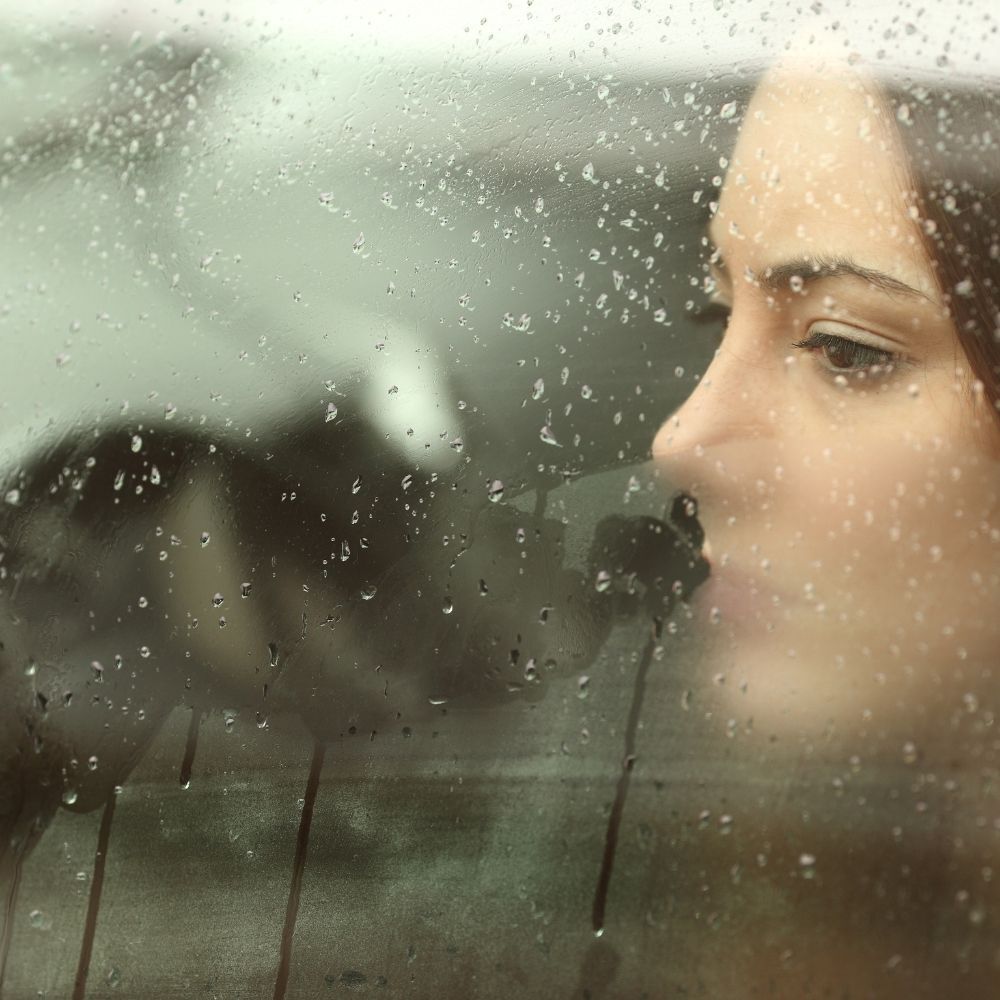| Contents: |
What is acrophobia?
Acrophobia comes from the Greek “ákron” meaning peak and height and “phóbos” meaning fear. This translates into a fear of heights, but in everyday language, it is called the “fear of drops”. Between 2 and 5% of the population suffer from acrophobia, which makes it one of the most common fears. Moreover, it’s important to know that women are twice as affected as men, and we can understand this specificity when we look at the causes 😕.
What’s the difference between vertigo and the fear of heights?
There’s also vertigo, but it’s a mistake to call acrophobia that. In fact, vertigo is a bodily sensation. When we feel vertigo, we may feel like our body is rotating or moving relative to our environment. It’s possible to feel dizzy when you’re afraid of heights, but this is a consequence.
>>> Read; The perfect morning routine to ease anxiety
What are the causes of acrophobia?
There are different reasons that can cause a fear of heights. For some people, this phobia appears after a trauma where there has been an actual fall into a void. Even if it’s not from a dangerous height, it’s enough to create this new fear. It may also happen that a person who has experienced dizziness at the edge of an abyss has associated it with the void. This is a symptom that’s not necessarily related to the fear of heights originally, but a causal association has formed 😣.
📌 You should know: Some researchers believe that this fear may be related to our survival instinct, like trypophobia or arachnophobia. As it has enabled our species to protect itself from falling for thousands of years, it’s inscribed in us to promote better adaptation to our environment. |
Overprotective parenting
I personally had never experienced a fall into a void, so I wondered why I was so afraid of falling. I remembered that my father always warned me when I was a child: “Don’t go near the edge, you might fall!” Having repeatedly heard this, it became engrained, and it became a reality for me 🤯!
👉 Our upbringing and parental role models influence our behavior and thoughts. This is even truer for girls, we’re taught to be afraid of various dangers by insinuating that we aren’t able to defend ourselves alone. This is how easily a phobia can be created 😫!
The symptoms of acrophobia
As I said, dizziness can be a consequence, but also a symptom of acrophobia. However, this isn’t the only thing that can be experienced when the fear is triggered, there are also:
- Excessive sweating,
- Trembling,
- Shivering or hot flushes,
- Tingling or numbness,
- Chest pain,
- Choking sensations,
- Nausea,
- Etc.
👉 There are also psychological symptoms, you may feel like you’re being drawn to the void or that you’re going to die. This can lead to dissociation, with a detachment from yourself! You may also have an anxiety attack, as the fear becomes so uncontrollable...
>>> Discover the 333 rule for anxiety
The consequences of acrophobia
To avoid feeling all these unpleasant sensations or even the sensation of losing your mind due to anxiety, you develop avoidance behaviors. This is a defense mechanism that prevents you from confronting any situation where you may be high up or over a void.
You might think that we don’t have to deal with voids that much in our daily lives (unless you drive a crane 😅 ). However, there are plenty of little moments when the fear of heights can arise in our everyday life: at the top of the stairs at home when climbing onto a stool when visiting a castle... So how can we reduce this fear?
How to fight against acrophobia?
Just like other phobias, you need to work on yourself to get rid of them. Understanding where your fear comes from is already the first step. However, you shouldn’t hesitate to seek advice and psychotherapy to get rid of acrophobia.
Cognitive behavioral therapy is the most suitable because it allows us to “reprogramme our thoughts”. Moreover, the treatment of the phobia with a virtual reality headset works particularly well in the case of a fear of heights. Indeed, it’s not easy for a therapist to really put his patient on top of a cliff! It’s therefore a safe way to put in place the therapy and to gradually expose the patient to their phobia.
👉 If these solutions aren’t suitable, you can also try hypnosis and relaxation methods like meditation and breathing exercises. Don’t hesitate to test things out to see what works best for you to cure your acrophobia.
Editor’s note: A phobia that can be treated very wellAcrophobia, like all phobias, can be treated very well with CBT. This therapy is very effective on phobias, the results have been proven. Don’t let this fear of heights deprive you of things in your daily life when solutions exist to free you from it. Make an appointment with a psychologist and free yourself from this phobia that deprives you of a lot of experiences. 🤗 Understanding yourself, accepting yourself, being happy... It’s here and now! #BornToBeMe |
Be sure to check out these articles too;

















Did you like this article?
Want to know more 🤔 ?
Write directly to the authorLaurenHart !
Ask Lauren a question
Want to share your thoughts? Leave a comment